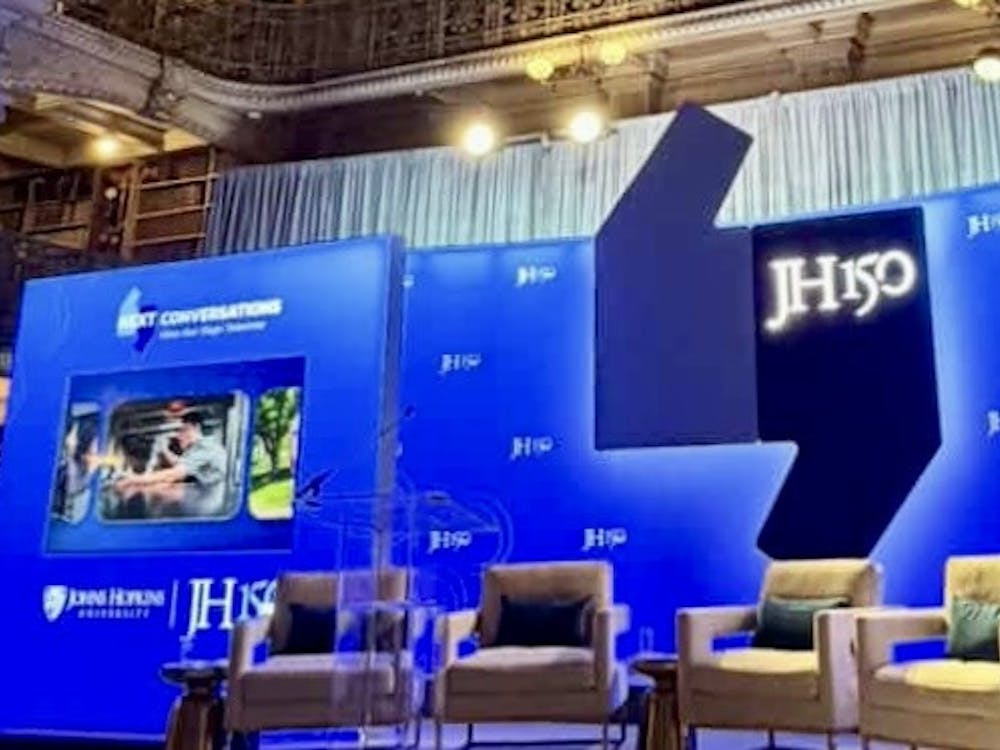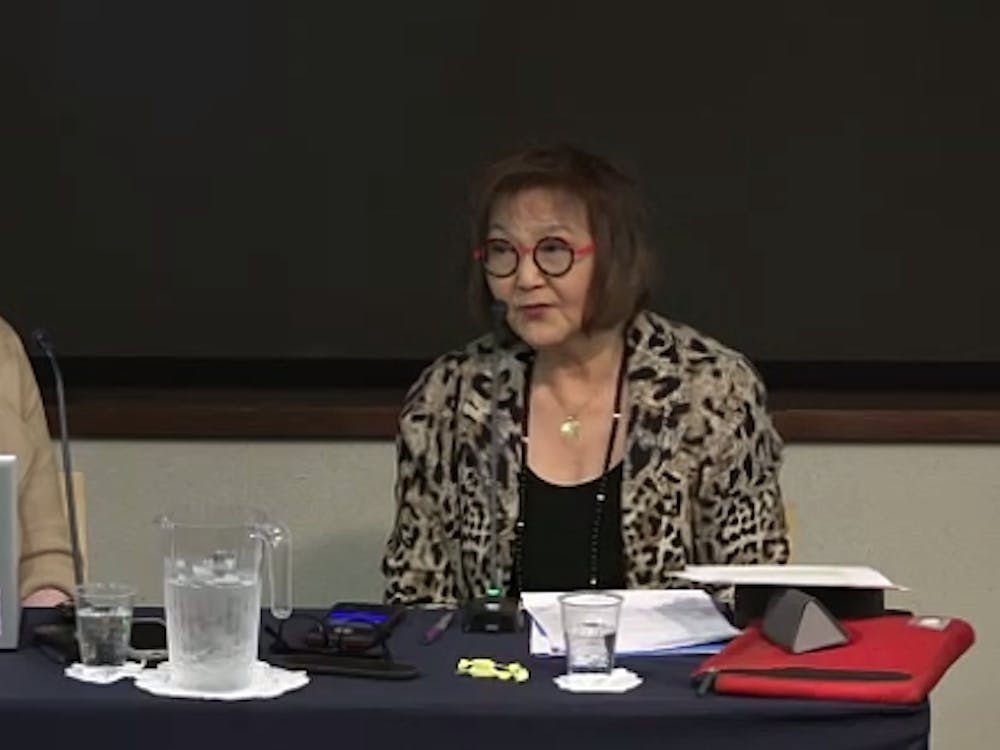Hopkins may be best known for its medical training, but it also has a more-than-sizeable dent in the biomedical engineering (BME) world. BME scientists at Hopkins research everything from electronic models of hearts tailored for a single patient to using molecular mechanisms in a cell to pinpoint a disease.
According to the National Science Foundation, for the last 38 consecutive years, Hopkins was the single largest recipient of federal funding for research.
In the 2016 fiscal year, Hopkins spent $2.104 billion in funding from federal agencies. This, coupled with the number of faculty at the top of their field, makes Hopkins perfectly poised to make innovative decisions that could affect the entire workforce. Upon recognition of flaws in the modern BME workforce, Hopkins convened the Committee on the Biomedical Scientific Workforce in 2016.
The Committee, headed by Hopkins Professors Pierre Coulombe and Wendy Post, was asked to explore what the University could do to create a more productive BME environment.
BME research is largely driven by individuals, as opposed to big companies. This means funding for research is supported by grants, most of which comes from the National Institutes of Health (NIH).
This system has caused problems — the purchasing power of the NIH has declined, and the pathway to careers in BME academia have become clogged. Assuming a new graduate can find a job in academia, the period between earning a doctoral degree and receiving grants have widened.
For those that can’t, there is no clear pathway to jobs in the industry. Applying for a grant is cumbersome, and research has become conservative in terms of spending money, a detriment to what’s important: the research.
The Committee on the Biomedical Scientific Workforce first publicly addressed these concerns in a preliminary paper released in 2017.
After gathering input from the Hopkins and national community, they released a final draft in 2018 of recommendations for the University. The introduction remarks that the current BME atmosphere promotes “hyper-competition” instead of “creativity, collegiality, and team-based science.”
Three main topics were addressed in the 24 recommendations: training and professional development, transparence and coordination, and funding and resources. In an email sent to Hopkins affiliates by President Ronald J. Daniels and Provost Sunil Kumar, actions for the upcoming year were outlined.
As well as creating a timetable for the future, a team was created to work on the three categories. Focuses include implementing or extending programs and plans to aid doctoral and postdoctoral professionals, developing mentoring expectations for faculty members, and increasing University support for research collaboration.
“We look forward to forging the strongest possible research ecosystem we can for the remarkable scientists across Johns Hopkins,” Daniels and Kumar wrote.
Hopkins BME received more good news in the past month: For an undergraduate, BME is again ranked #1 by U.S. News & World Report. Last year, Hopkins BME had dropped to #2, behind the Georgia Institute of Technology, which now ranks #3.
U.S. News & World Report uses seven factors to rank engineering programs at universities: quality assessment by peers and recruiters; student selectivity based on mean student body entrance exam scores and acceptance rate; faculty resources; research activity, based on total spent on research and average money spent per faculty; overall rank; specific program and degree rankings by department heads; and school data.
Beyond the Committee on the Biomedical Scientific Workforce, Hopkins has also been restructuring its BME curriculum.
According to Alan Poe, a sophomore BME student, the curriculum is being changed to keep students at the forefront of their field through more useful content and better structured classes. Specialty courses have also been modified to better prepare students for career specializations they may make in the future.
“It is nice to see that the BME Department can reflect upon its past, envision a future, and make changes to reach those goals,” Poe wrote in an email to The News-Letter.
He added that he is hopeful that the BME Department can provide opportunities for students.
“Hopkins BME is on the right track to stay at the forefront of this new field and put our students in the best position to be successful leaders,” Poe wrote.




